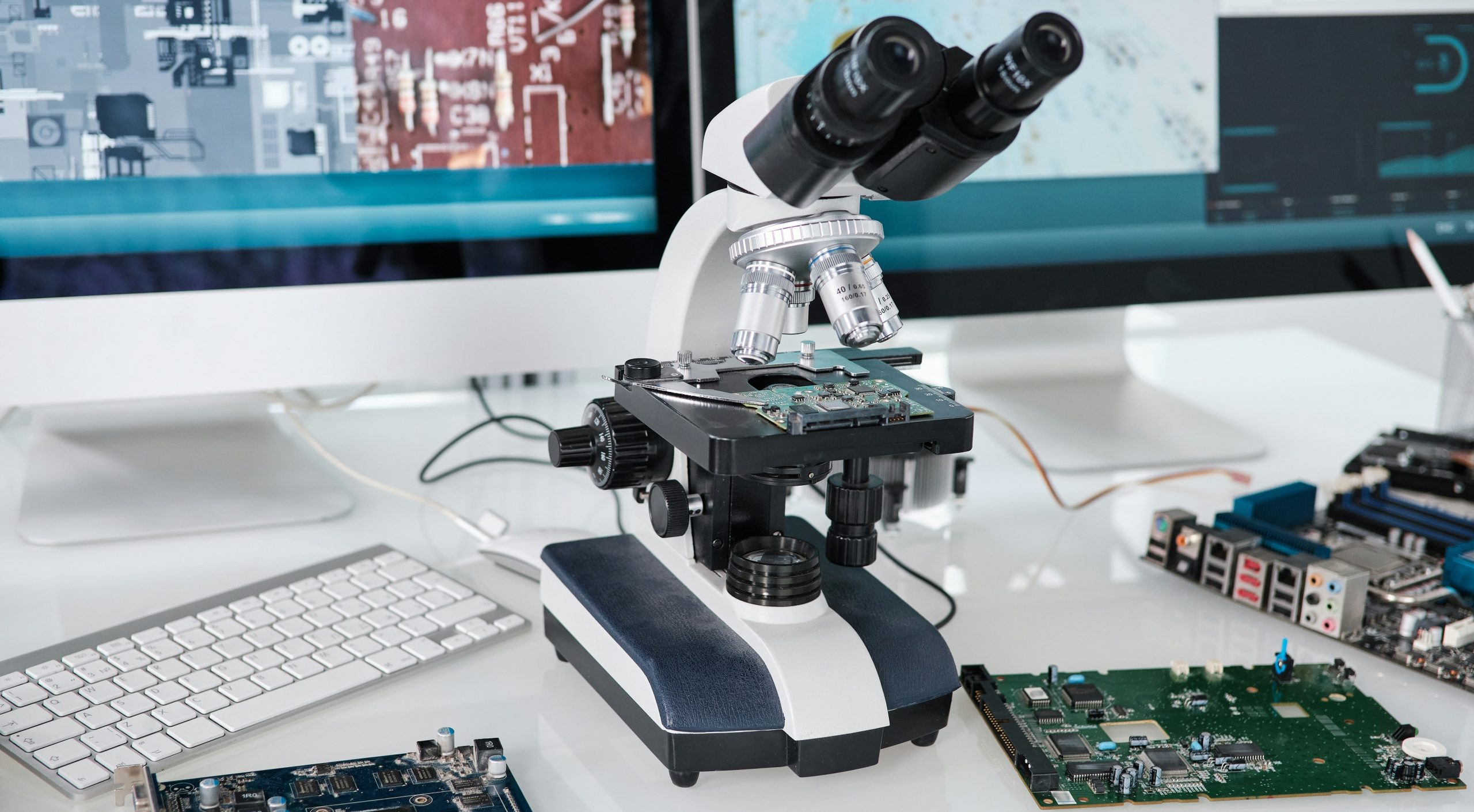Power tools have long been the backbone of manufacturing, construction, and engineering industries, offering exceptional efficiency and precision. However, the sector is undergoing rapid transformation, fuelled by technological advancements and shifting user expectations. From smart features to sustainability, the future of power tools is set to redefine how businesses work and innovate.
For UK manufacturing companies, these advancements represent both an opportunity and a challenge. Staying ahead in this rapidly evolving landscape will require investment in R&D, a commitment to sustainable practices, and a keen focus on customer needs. By embracing these trends, businesses can not only future-proof their operations but also contribute to a more efficient and sustainable industry.

Smart power tools
Smart power tools are becoming an essential part of modern manufacturing, thanks to advancements in IoT (Internet of Things) technology. These tools are no longer just handheld devices; they are intelligent systems designed to enhance productivity and precision.
Features such as Bluetooth connectivity and integrated sensors enable tools to communicate with users and other devices. For example, connected tools can adjust their settings based on real-time data, such as material density or environmental conditions, ensuring consistent performance and not requiring employees to constantly adapt the settings. Additionally, mobile apps are allowing users to customise and monitor tools remotely, improving efficiency and reducing downtime.
The potential of augmented reality (AR) in power tools is another exciting development. AR integration could provide workers with live, on-screen instructions, making even complex tasks more accessible to less experienced operators. This level of innovation is helping businesses minimise errors and optimise performance whilst also speeding up certain processes and business responsibilities such as training programmes.
Eco-friendly and sustainable power tools
Sustainability is a growing priority in industrial sectors, driven by both consumer demand and regulatory changes. Manufacturers are investing heavily in greener solutions, ensuring tools are not only effective but also environmentally responsible. As power tools are mainly powered by electricity, there have been advancements in this area to ensure they are energy efficient. Here are a few ways in which power tools are becoming more sustainable:
- Battery technology: solid-state batteries are expected to replace traditional lithium-ion versions. These newer batteries offer higher energy efficiency, longer life spans, and reduced environmental impact.
- Recycling programmes: enabling users to return old tools for proper disposal or reuse of materials.
- Renewable energy: solar-powered charging systems are being developed for cordless tools, offering sustainable solutions for worksites in remote locations.
- Biodegradable materials
Automation
For end-users, automation offers safer working conditions and a reduced learning curve, while manufacturers benefit from greater productivity and cost savings. As the demand for smart factories and warehouses grows, automated power tools will play a vital role in advancing the industry.
AI-powered tools, such as autonomous drills and welders, are already being utilised in advanced manufacturing processes. These tools can analyse their environment and adjust their settings in real time, making them ideal for high-precision tasks. For instance, automated drilling systems can detect material inconsistencies and adapt pressure levels. The integration of robotic arms with power tools is another emerging trend. These systems enable on-site 3D printing and the creation of custom designs, reducing material waste and speeding up production timelines.

The benefits of innovation for power tools
Innovation in power tools is not just about adding fancy features and settings, it’s about creating tools that are smarter, safer, and more efficient. Advancements in technology are delivering significant benefits to both professionals and manufacturers, redefining how tasks are completed across industries.
- Increase in productivity
- Production precision
- Enhanced safety for employees and visitors
- Eco-friendly advancements
- Improved connectivity and data insights
- Creativity and flexibility
- Reduced waste
- Reduced downtime and errors
- Improved risk management
